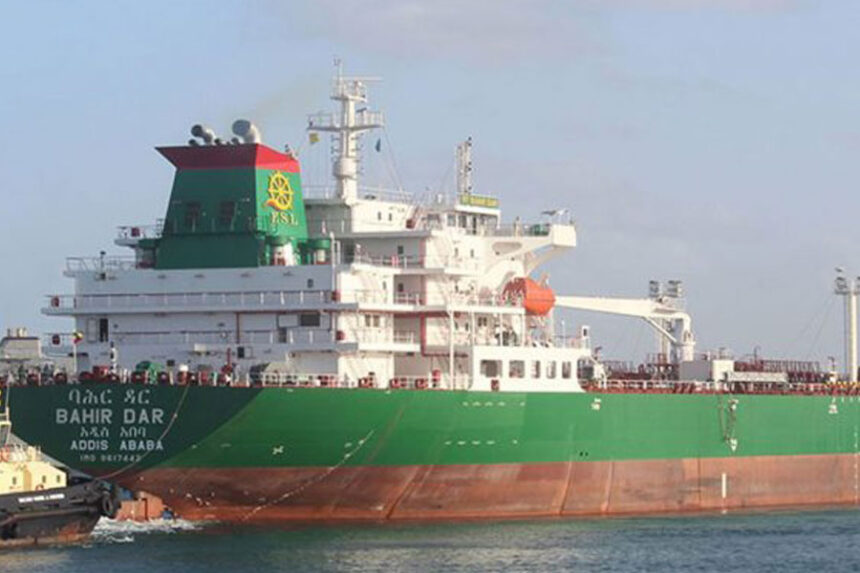Ethiopian Shipping and Logistics Services (ESL), formerly known as Ethiopian Shipping Lines, is looking to rapidly expand its fleet with six additional carriers to meet demand.
The company currently has 10 bulk carriers and must rely on charter and charter contracts to meet high demand in Africa’s second most populous country.
In July, ESL reported revenues of 57 billion birr and more than $420 million in foreign currency, but performance was weakened by a $48 billion write-down of debt, mostly from rent and lease payments.
In response to challenges facing its main shipping route through Djibouti’s port, Ethiopia recently rerouted some import and export goods via the port of Mombasa and the Kenyan port of Lamu.
- Advertisement -
“The board is examining whether we should get them as a time charter, voyage charter or purchase them outright. We will follow the standard bidding process,” Wondimu Daba, ESLSE deputy CEO for Corporate Services said.
ESLSE, Ethiopia’s only medium-sized freight forwarder, controls a significant portion of the country’s logistics sector. According to its 2023/24 report, ESLSE handled about 45% of the 8.25 million tonnes of dry cargo imported from Ethiopia through the Port of Djibouti, a major maritime gateway for Ethiopian cargo. The report also highlights ESLSE’s role in supporting Ethiopia’s export markets, overseeing the movement of more than 13 million tonnes of maritime cargo last year.
But despite these successes, the sector still faces challenges in meeting the export needs of Ethiopia’s expanding economy. Minister of Transport and Logistics Alemu Sime recently spoke to state media about increasing ESLSE’s fleet capacity.
“The country’s import-export demand is growing, but with only 10 bulk cargo ships currently owned by the enterprise, this is far from enough to support our logistical requirements,” Alemu explained. “This shortage often necessitates leasing additional ships through rental agreements to meet demand.”
Another reason for ESL’s high price last year is the conflict in Amhara, which is on the route from the port of Djibouti to Addis Ababa, meaning that the cargo (more than half) of the company’s 600-cargo ships cannot get through the area. The company has also launched a red tape campaign in Djibouti, where it diverted at least one ship from the Kenyan port of Lamu.
- Advertisement -
ESLSE used ships secured by lease or charter agreements to transport approximately 834,000 tons of cargo last year to close this gap. This approach increases the company’s performance but also brings significant operating costs. Despite revenues of 57 billion birr last year, high operating costs of 48 billion birr have limited the company’s revenue.
A plan to purchase from 6 major carriers, is an important step towards reducing reliance on cargo ships and strengthening ESLSE’s ability to manage Ethiopia’s transportation needs back home. These economic developments, which are expected to increase the country’s import and export of goods, will play an important role in solving problems more efficiently and effectively.










